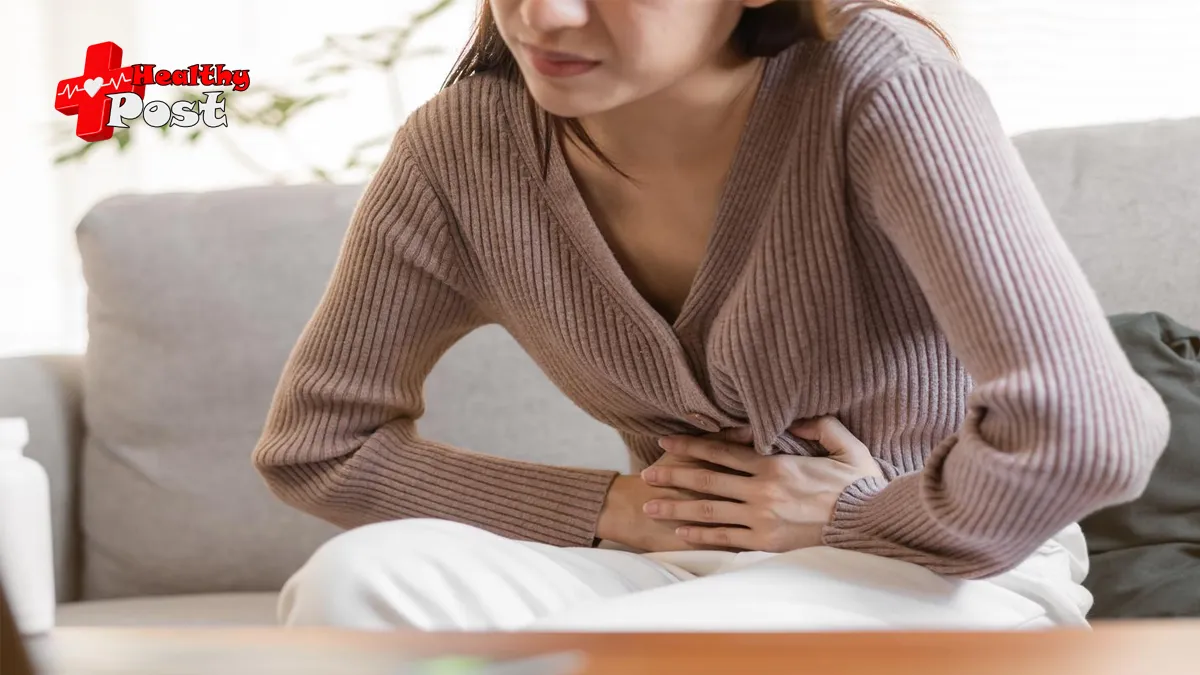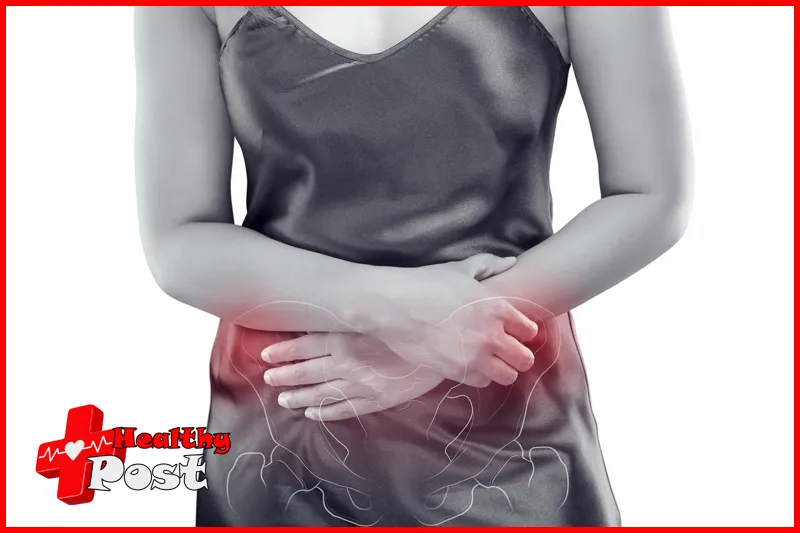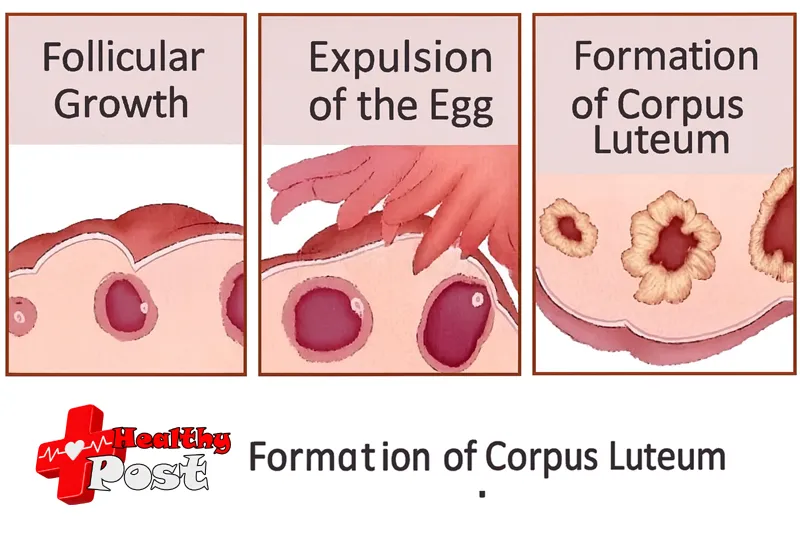
Lower abdominal pain in women isn’t always a sign of menstruation!
In this article we will explain some about Lower abdominal pain in women. If women were to experience all the pain they might encounter… Make a list, the top of the “most annoying list” It must be a stomachache !
I can understand when my period comes.
What I fear most is that for some unknown reason
My lower abdomen suddenly started to hurt!
At this point, “drinking more hot water” may be completely ineffective.
Carefully discerning and clarifying the reasons is what everyone should do!
Pain related to “Aunt Flo”
1. Primary dysmenorrhea ( common in adolescent girls)
It usually occurs within 1-2 years and typically subsides after childbirth. If the pain is mild, painkillers can be taken as prescribed by a doctor.
2. Secondary dysmenorrhea (common in women of childbearing age)
It is often caused by conditions such as adenomyosis or endometriotic cysts , and the symptoms will gradually worsen. Surgical treatment may be necessary in some cases.

3. Ovulation pain
A pulling sensation or mild heaviness in the lower abdomen around ovulation usually requires no special treatment. However, in severe cases, pelvic problems should be investigated.
4. Corpus luteum rupture
If you experience persistent abdominal pain and bleeding two weeks before your period due to sexual intercourse or strenuous exercise , it may be a ruptured corpus luteum , and you must seek medical attention immediately!

5. Delayed menstruation + abdominal pain
If your period is more than 10 days late and you have mild pain, and the early pregnancy test is positive , you must be checked for ectopic pregnancy or threatened miscarriage . Don’t delay!
Abdominal pain unrelated to menstruation
Of course, some lower abdominal pain is unrelated to menstruation, such as:
1. Pelvic inflammatory disease : Increased vaginal discharge, possibly accompanied by fever, frequent urination, and urgency. Antibiotic treatment is generally required.
2. Ovarian cyst (rupture or torsion): Abdominal pain, nausea, vomiting, or even bleeding may occur, requiring immediate medical attention.
3. Gastrointestinal diseases: such as gastroenteritis, gastric ulcers, appendicitis, etc. – Don’t mistake them for gynecological problems!
Understanding these bodily signals is the first step to taking care of yourself!
Those things make you Anxiety, shame, and wasting money. Remember Understanding your own body is the beginning of loving yourself!


One thought on “Lower abdominal pain in women isn’t always a sign of menstruation!”